You're growing like a weed, new clients are breaking down your door, or your user base is starting to take off. You need a developer to keep momentum going, and you need them yesterday.
So you spend a few hundred dollars posting to a job board. You get 150 resumes, and half of the cover letters could just as easily have been written for a dog food company (you don't sell dog food). Welp, at least they bothered to copy paste your company's name in... most of the time.
Another 30 percent are recruiters trying to get you to hire them. If you're lucky, you find 5 candidates that move to the interview stage, but you've now blown half your work week sifting through these candidates, and at the end of it, all those 5 interviews were a bust. So you open up LinkedIn and see if you can cherry-pick the best candidate from somewhere. Upgrade to LinkedIn Premium, filter by Ruby developers in Seattle, and InMail some folks. No one returns your messages. Months go by in this search. And you still don't have anyone.
I’m a recruiter here at Rockstar Coders, and one of my mentors told me this at the very beginning: "It doesn't have to be like this." I didn’t believe him – I felt like Neo in the Matrix.
“Are you trying to tell me I can dodge bullets?”
“No Neo, I’m trying to tell you that when you’re ready, you won’t have to.”
A few months into my time at Rockstar, I got a call at 9pm saying that a client needed a candidate absolutely as soon as possible.
Wait… I’ve got someone! I had spoken to them 3 weeks before, because I really liked the work their company was doing. We built a rapport and I knew they were open to discussing the right opportunity with us. We submitted them right then. Two client interviews later they were hired, and they still work with our client today.
I didn’t jump on LinkedIn, do a few filters, and instantly find a qualified candidate who wanted to talk to me. Instead, I had spent the preceding month building a network of developers.
In our industry we call it a "Pool" - a pool of candidates. This is what's different about us, a recruiting company, vs. you trying to do it yourself. You aren't building these pools. We are so we can move much faster because we have an always-on process.
The underlying principle here: You need to spend more time meeting developers when you aren't hiring.
You weren't on Product Hunt commenting on up-and-coming developers' cool side projects. You weren't following cool new projects on Github. You hadn't added a "join the team" link on your site. You thought it was worthless to meet developers before you were actually hiring.
Look, I know what it's like to balance working in the business and working on the business. You can do the thing that will keep the lights on, or you can do this other thing that won't (at least not immediately). But as soon as you realize that to truly succeed you need to play the long game, things in your business will get a whole lot easier.
Bonus tips
Get accustomed to LinkedIn. But it’s practically worthless if you treat it simply as a search engine for candidates. LinkedIn works a lot better as a networking platform than a hiring platform. More practically, building a network on LinkedIn is easy if your connection requests include notes that show you’ve done your homework.
Also, people will respond much more favorably to contacts that aren’t directly trying to sell them on a job. If you convey genuine interest in their work, as it relates to your own, you won’t be hunting candidates, you’ll be making valuable connections. Even if those developers never become candidates, you’ll know who to call when you’re in a bind, and you’ll know who to ask for referrals. They could even become clients one day.
P.S. If you simply don't have the type of time you need for recruiting, please give us a shout. I’m sure we can help.

